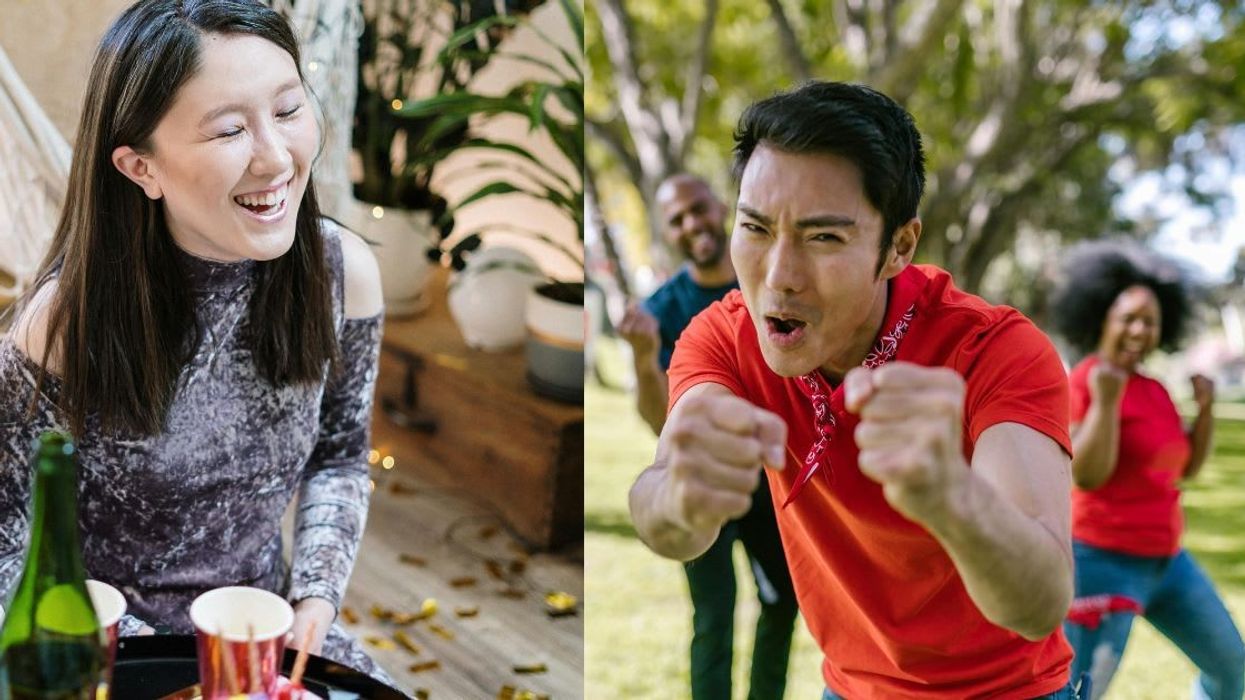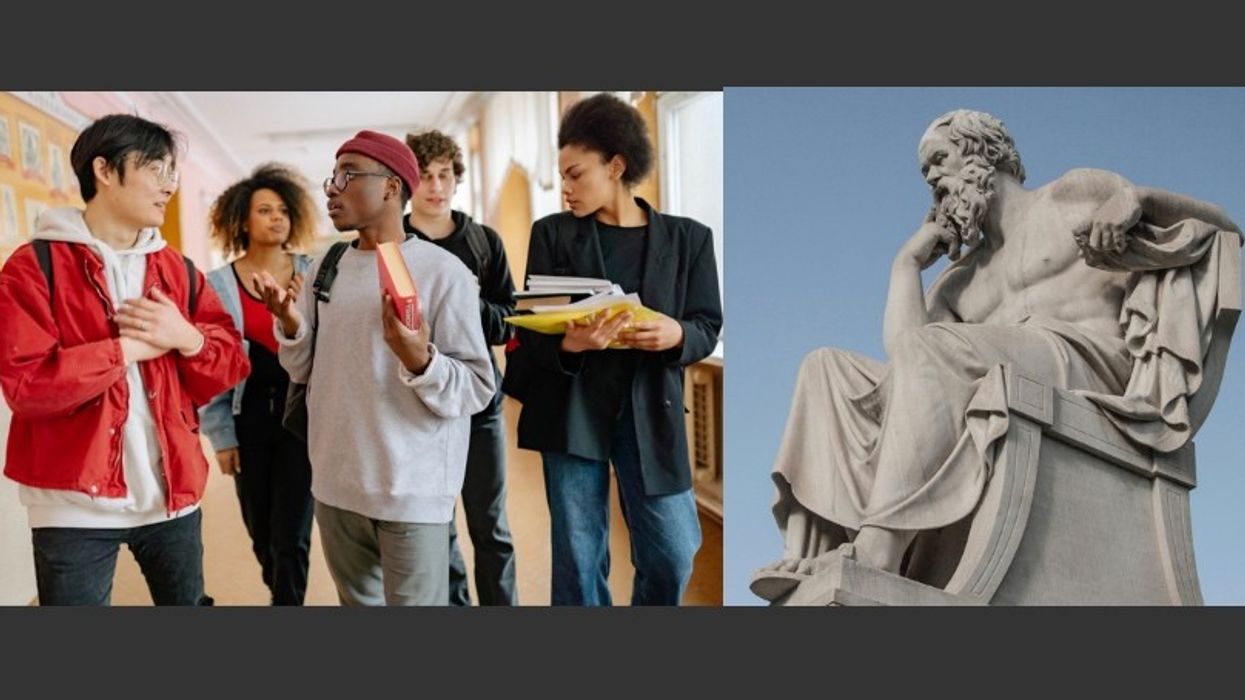In traditional Korean households, women often spent their evenings sewing garments, household goods, and other items while waiting for their husbands to return home. The needle became a constant companion throughout their lives, evolving into an important object of “Jeong.” Jeong is a 2,000-year-old concept deeply rooted in Korean culture, signifying a love that is deeper than attachment, gentler than romantic passion, and slower to develop than love at first sight. According to New York-based psychologist Dr. Jihee Cho, writing for CNBC, Jeong can help people lead a happier life.

Emotions often arise from interactions with objects. For example, encountering something attractive can bring pleasure or love, while events like loss or tragedy provoke sadness. But Jeong goes much deeper than these surface-level feelings. According to a Springer research paper, the literal meaning of Jeong (pronounced "Chung") is "emotion," but it’s rooted in concepts of interconnectedness and the Buddhist idea of "one mind." Dr. Cho explains that Jeong represents deep attachment, which can form between people, objects, or even places. Here are four key insights from Dr. Cho that can help anyone live a happier, more content, and fulfilled life.

1. Embrace vulnerability
Everyone desires deep love, affection, and intimacy. But most of the time, people build rigid boundaries to resist overwhelming emotions. But when one loves as in “Jeong,” they allow themselves to be vulnerable with the other person. They are not afraid to share their heart, even if it may trigger some uncomfortable emotions. “With Jeong, it’s important to be open and authentic in your interactions. Make it a goal to share your thoughts, emotions, and experiences, even if it makes you feel exposed or uncertain,” writes Dr. Cho, and adds, “When we let go of that fear, we create opportunities for a greater understanding of ourselves and others.”
2. Schedule regular quality time with loved ones
Spending quality time with one’s loved ones enables a person to build stronger emotional bonds with them while fostering harmony and connection in their interpersonal relationships. Whether it is eating together, sharing a picnic, or even just talking on the phone, it is always healing for both people. “In-person quality time nourishes relationships in a way that digital communication can’t. It allows us to reconnect, share experiences, support each other, and foster a sense of belonging,” explains Dr. Cho. Spending quality time could also take the form of “creating meaningful shared experiences.” Dr. Cho explained that one can “make memories through common interests and teamwork.”

3. Offer help and support
Being supported and validated in an interpersonal relationship makes a person feel secure and loved. The concept of Jeong is not just about supporting family members or romantic partners. It extends to the entire community. To cultivate Jeong in a community, Dr. Cho suggests, “Look for opportunities to lend a hand to others in your community, then give your help freely and generously from a place of genuine care.” This, she says, could take the form of “sharing meals,” “listening without judgment,” or “sharing wisdom and life lessons with others.” She also says that Jeong can be practiced by making “newcomers feel noticed, welcomed, and included.”

4. Be present and listen
The value of listening without judgment can never be underestimated. When people feel heard, they feel healed. Writing about it, Dr. Cho says, “Jeong emphasizes the value of paying attention and being fully present in the moment. A simple way to do this is to set aside distractions and actively listen to what others have to say.”























 There are plenty of low or no-cost date ideas.Canva
There are plenty of low or no-cost date ideas.Canva Couples can energize their relationship by finding bonding moments that reignite their wonder.Canva
Couples can energize their relationship by finding bonding moments that reignite their wonder.Canva
